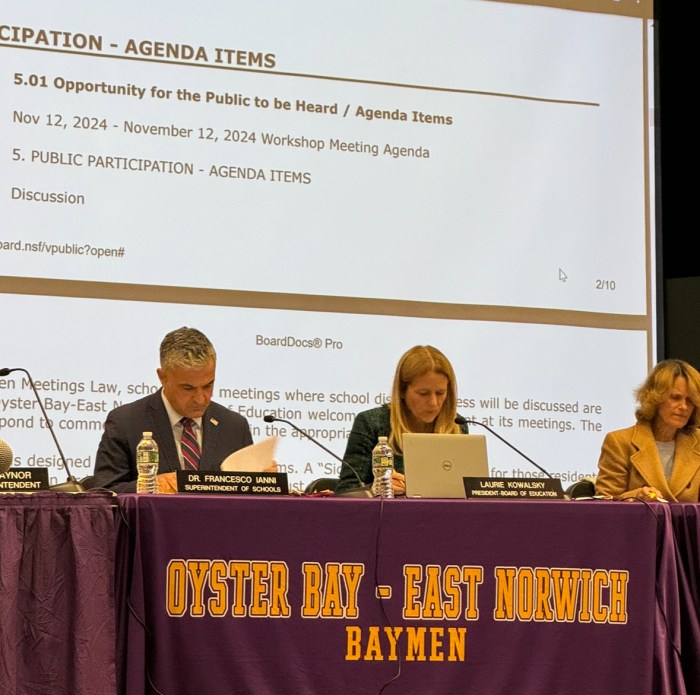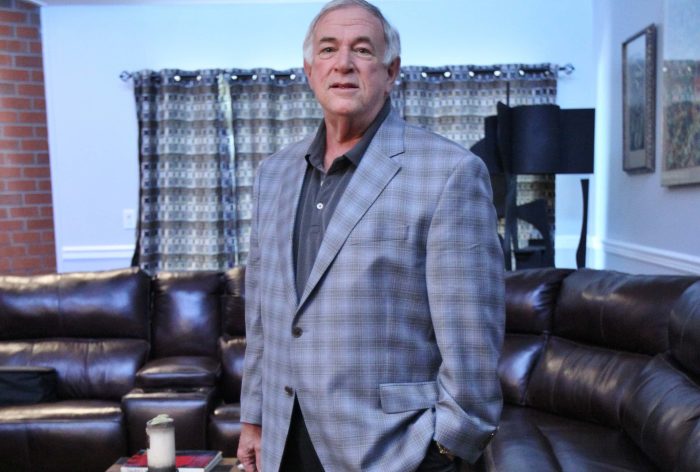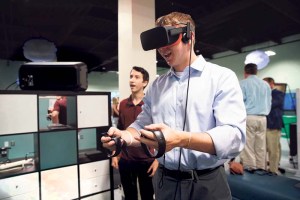
When Laurie Carey began preparing her exit plan following a 10-year tenure at Microsoft, she knew it was time to give back.
Time and time again, she noticed there were plenty of job openings at the massive technology firm. However, only a few of the positions were being filled because there was an extraordinary gap between Microsoft’s needs and the applicants’ skill levels.
“People need real experience and real skills,” Carey, the founder and CEO of We Connect The Dots, said. “We are trying to address the gap, whatever platform it might be. We have unemployed people and we’re not filing jobs, so what’s going on? It didn’t make sense to me.”
So as Carey retired from Microsoft, she enrolled in Harvard University’s six-month executive MBA program. When she told her peers about We Connect The Dots, an idea she cooked up throughout the decade at one of America’s most innovative companies, she kicked it into high gear.
The program is an education startup that essentially disrupts the norm, providing a unique experience for students in order to learn science, technology, engineering, arts and math (STEAM) skills not necessarily taught during the school day.
“The more technology gets pervasive in schools, the bigger the gap gets,” Carey said. “Part of what we do here is not only teaching kids, but to get teachers the exposure of technology in districts that might not afford to have this stuff.”
We Connect The Dots, located in the back of 180 Michael Dr. in Syosset, is designed to be a modern teaching environment, doing things completely different from traditional school experiences. The goal is to engage students and push them to work collectively, rather than being punished for teaming up with peers, which is often the case in classrooms.
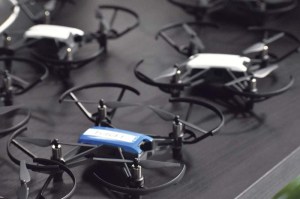
Inside the freshly-designed space, there are specific areas for podcasts, to build/use a 3D-printer from scratch, robots, different coding programs and more. It’s meant for kids 13-18 years old.
“Everything we teach here is project-based, experiential learning,” she said. “These kids needs to understand how to learn with each other. That’s how the real world works. You’re working as a team and collaborating.”
Carey’s staff does virtual teaching as well, not just with students, but also with educators from across the nation. They want to get students jobs upon graduation, and the way to do that is to make sure the teachers have the resources and knowledge necessary to fill the void that companies are looking for. If the teachers know different programs, like audio editing, coding and other specialized skills, these students will be in prime position to take over jobs that aren’t being filled.
Though some local schools have been receptive to We Connect The Dots, others are not.
“They don’t think they need help,” Carey said. “We find their students coming to our programs because the schools aren’t giving their students what they want. They’re going to outside programs.”
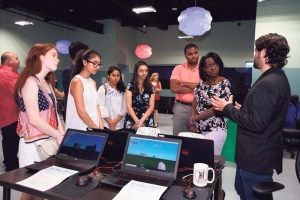
(Photos courtesy of We Connect The Dots)
But the main challenge for Carey is getting funding to have more programs. She is currently looking for investors, aiming to make the Syosset center even more abundant than it is.
The program started in 2013, and they secured a $100,000 grant from Empire State Development earlier this year. Thanks to grants like this, as well as investors, the programs are either free or low in price, making afterschool and summer sessions affordable to those who might not otherwise have the opportunity to learn these skills.




